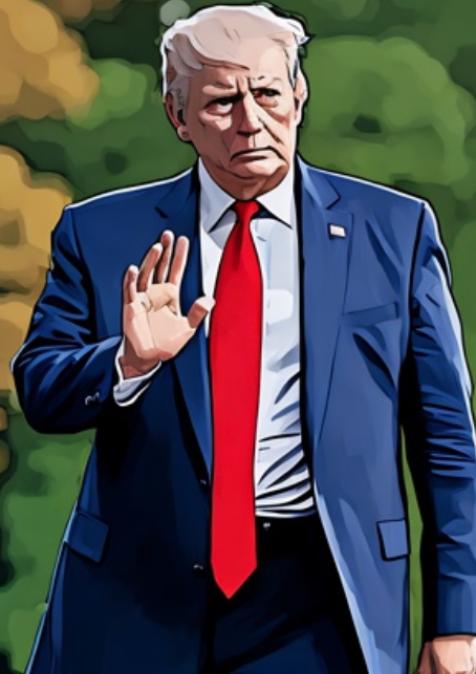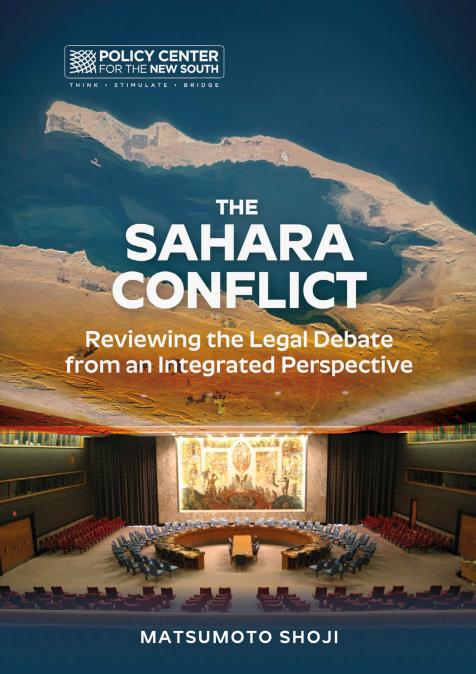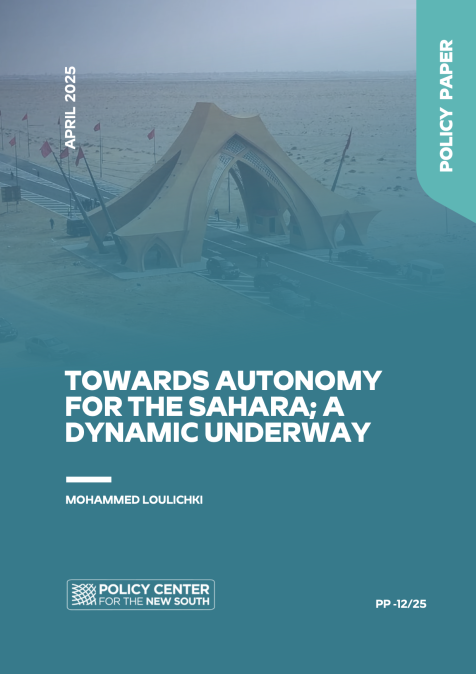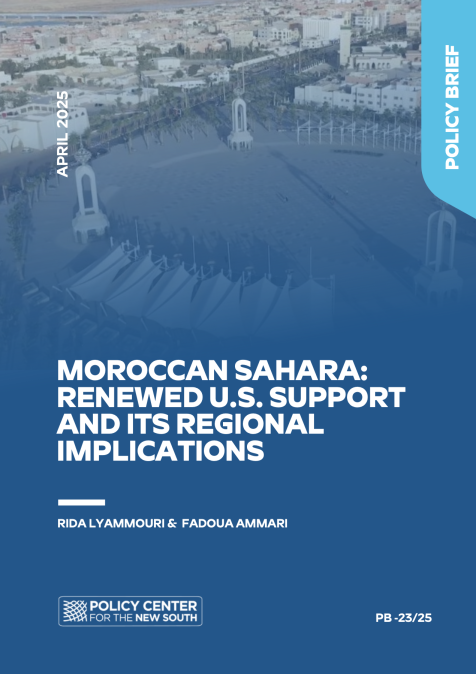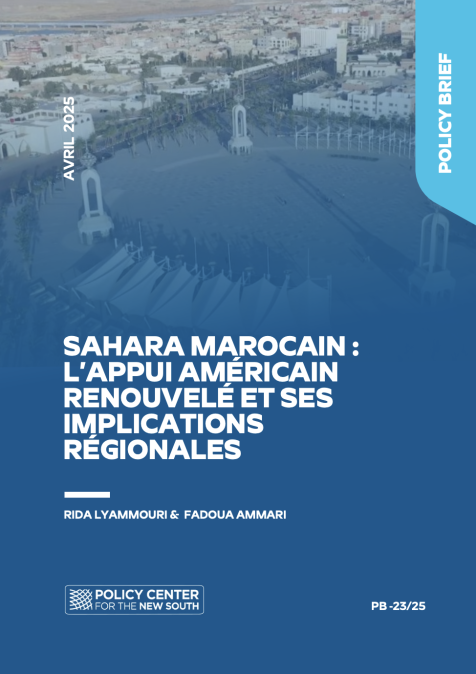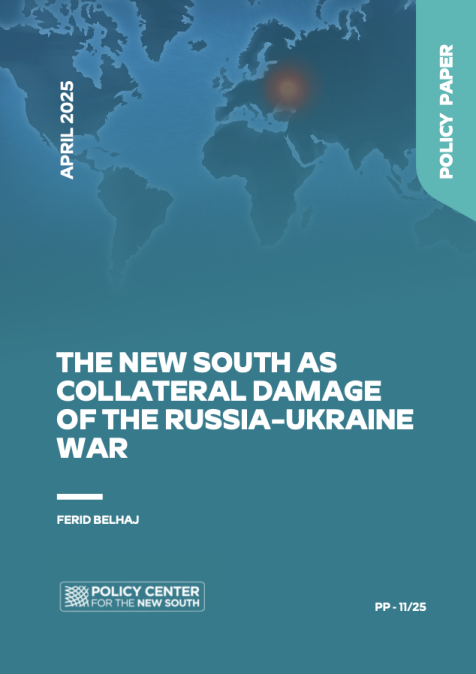Podcasts
The UK after the Elections
Related topics:
This podcast is performed by Francis Ghilès. The general elections in the UK have resulted in conservatives making unexpected wins while the labor and other smaller parties, notwithstanding SNP's major rise, saw some declines. This Webinar will aim to analyze the causes and implications of such results. The Virtual Brief held in Policy Center for the New South under the theme "The UK after the Elections", was presented by Francis Ghilès, Associate Senior Researcher at CIDOB, and the following summarizes the discussions of the brief:
The 56th Parliament general elections of the United Kingdom held on the 7th of May 2015 have resulted in Conservatives making unexpected wins while the labor and other smaller parties, notwithstanding SNP's major rise, saw some declines. This webinar will aimed to analyze the circumstances and implications of such results.
The Conservatives won 12-seat majorities in parliament as Labour Party members were almost wiped out by the Scottish National Party (SNP) in Scotland, and the Liberal Democrats suffered major losses. The campaign was marked by the growing support for the United Kingdom Independence Party (UKIP), which came third in terms of votes. UKIP voters are perceived to be those abandoned by the Conservatives and New Labor, who have had some difficulties in adjusting to modern Britain and its new ethnic composition.
In contrast, Francis Ghiles explained that the dismaying results of the Labour party were partly due to its collapse in Scotland and the fragmentation of votes. Aside, Miliband’s personality as the Leader of the Labor Party did not create a general consensus due to many of his controversies. The reputation of the last Labor government as economically incompetent jeopardized the desire for stability that most of the voters were looking for in the current elections. However, there is still a margin of hope for the Labor Party to regain its popularity in the long term and it lays in the absence of commonality.

